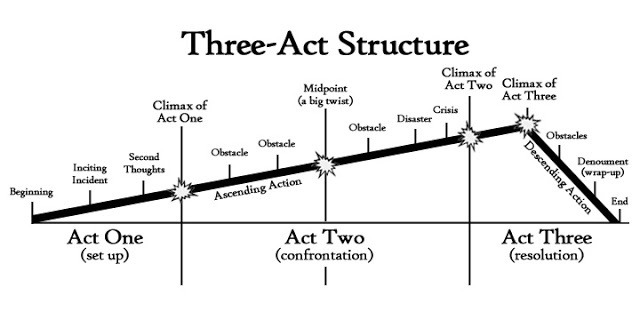

Posted: April 30, 2022
Visit Tigerpetal Press Services for alternatives
Do you ever sit down and think to yourself “I have a story in me”? Probably. In fact, most people do. They often even do have a story in them to tell, if only they’d write it and share it with the world. The problem is, not everyone is a writer. Not everyone can sit down and write a 50,000-, 80,000-, or 100,000-word novel, so those ideas hit the scrap heap and stay there. Do you have what it takes to write a book?
Your answer may be ‘no’ if you’re reading this article, but let’s look at the process of book writing, just to give you a better understanding of it. You may not need a ghostwriter at all—just a bit of help getting yourself on track. Ghostwriting quite literally entails hiring an outside party to write your story for you. You may have complete control, or you may give them some creative liberties, but for the most part, they are simply writing out your story per your specifications.

First, a story is usually composed of three parts, three ‘acts’ as it were, which you can see in the diagram above. They follow a plot that rises and falls in scenes composed of characters interacting in scenes. If you’ve written out the synopsis or an outline of your story—or even just a single sentence describing what the story is about—you should have a general idea of how the story progresses. What is accomplished? Where is your protagonist in the beginning and where do they get to in the end? Is there a lesson to be learned from your story? These are all questions that can be answered in an editorial assessment.
[Related Article: What is an Editorial Assessment?]
Whatever your story idea is, remember that the plot of a story can either be plot-driven or character-driven. The plot-driven stories are more recognizable as stories that feel like a roller-coaster. Excellent examples of these are the Percy Jackson series or Star Wars. On the flip side, character-driven stories are journeys of self-discovery. An example I can point out is Jane Eyre. Here is a link to a great article detailing the differences.
Before telling yourself that you should get a ghostwriter, really look at what is stopping you from writing the book yourself. Do you not have enough time? Do you think your writing just isn’t good enough? Let me tell you now: that’s just not true. Everyone has the ability to be a writer.
The cost of a ghostwriter really depends on the type of project you’re working on. It’s typically cheaper for children’s stories but can get really expensive as word count soars. Check out these blogs for more information regarding this. Jane Friedman dives into much of what I discuss in this post but in more detail. Here is also what Reedsy has to say about the cost.
Visit Tigerpetal Press Services for alternatives
Working with an Editor: Part 1
Alpha, Beta, Editing, & ARC: The Difference
How to Get the Most Out of Self-Editing
What is an Editorial Assessment? [content editing]
What is Developmental Editing? [content editing]
What is Book Doctoring? [content editing]
Tigerpetal Press is a small book press dedicated to publishing local authors and poets.